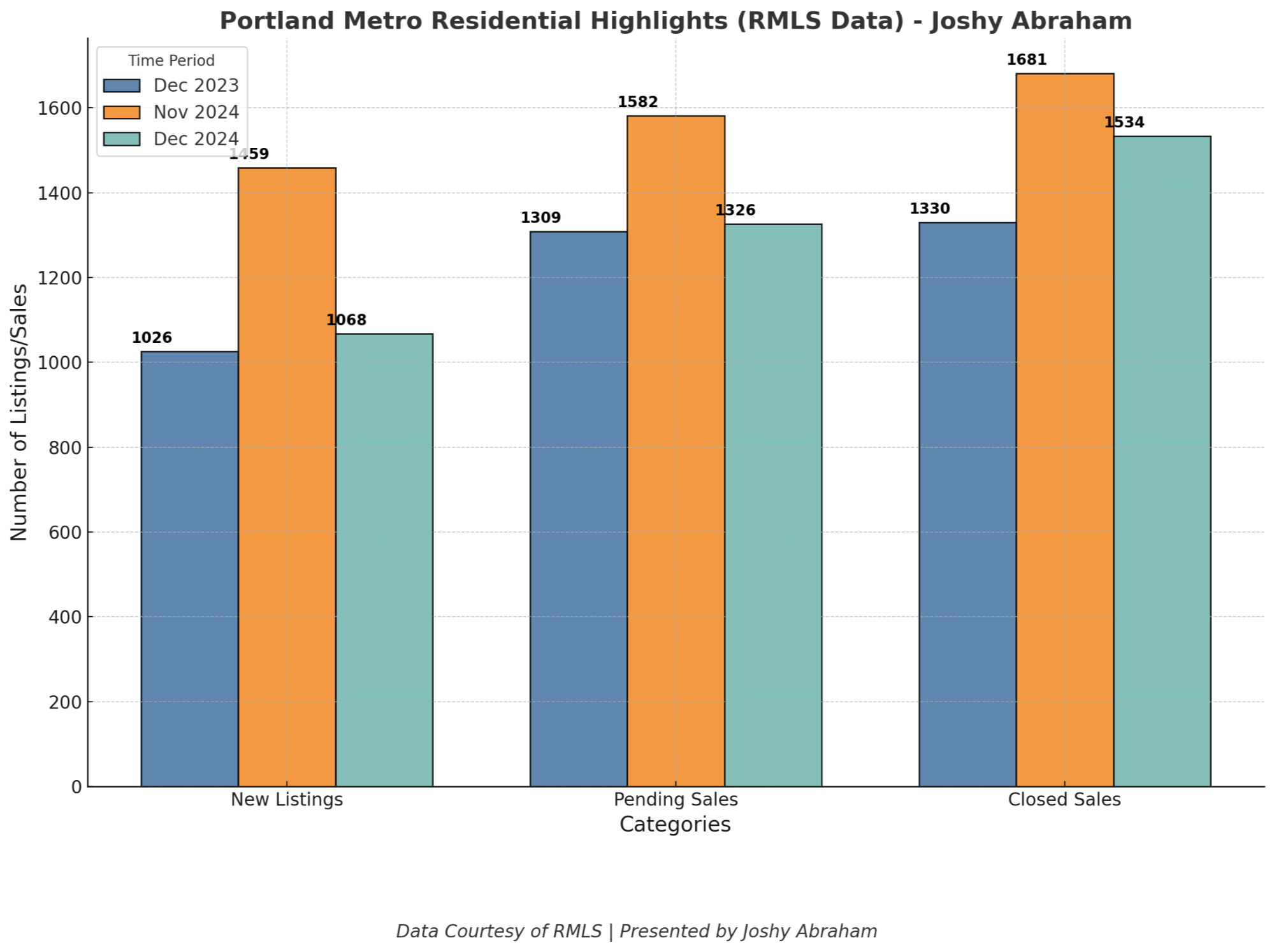Why No One Is Talking About This Crucial Step in Home Buying!
In the whirlwind of excitement that comes with buying a home, it’s easy to overlook certain steps in the process. One crucial aspect that often gets less attention is the importance of a thorough home inspection. While many buyers focus on securing financing, negotiating the price, and choosing the perfect location, a comprehensive inspection is vital to ensuring your investment is sound. Here’s why this crucial step shouldn’t be overlooked and what you need to know about it.
1. Uncover Hidden Issues
A home inspection is an in-depth examination of a property's condition. It covers structural elements, electrical systems, plumbing, roofing, and more. While a property might look perfect on the surface, an inspection can reveal hidden issues such as faulty wiring, water damage, or structural weaknesses. Identifying these problems early can save you from unexpected repair costs and potential safety hazards down the line.
2. Negotiation Leverage
The findings from a home inspection report can provide valuable leverage in negotiations. If the inspection reveals significant issues, you can request repairs, ask for a price reduction, or negotiate other concessions from the seller. This can help you avoid overpaying for a property that requires significant investment to bring it up to standard.
3. Future Planning
Knowing the condition of the home can help you plan for future maintenance and repairs. For instance, if an inspection indicates that the roof is nearing the end of its lifespan, you can budget for a replacement in the coming years. This foresight allows you to manage your finances better and avoid surprises after moving in.
4. Peace of Mind
Buying a home is a significant financial commitment, and a thorough inspection provides peace of mind. It assures you that you're making a well-informed decision, based on a complete understanding of the property's condition. This can help reduce anxiety and make you more confident in your investment.
5. Legal and Safety Compliance
In some cases, inspections can uncover issues related to building codes and safety standards. For example, older homes might have outdated electrical systems or plumbing that doesn't meet current codes. Addressing these issues not only ensures your home is safe but can also be crucial for insurance purposes and future resale value.
6. Customization Insights
If you’re considering renovations or customization, an inspection can give you insights into what’s possible and what challenges you might face. Understanding the structural and mechanical aspects of the home can inform your plans and help you avoid costly surprises during renovations.
7. Understanding Insurance Needs
A detailed inspection report can help you understand the type of homeowners insurance you need. For instance, if the home is in a flood-prone area or has an older roof, you might need specific coverage. This knowledge allows you to secure adequate protection and avoid gaps in your insurance policy.
Disclaimer
The information provided in this blog is for general informational purposes only and does not constitute legal, financial, or real estate advice. The necessity and scope of a home inspection can vary based on the property type, location, and other factors. Readers are encouraged to consult with licensed real estate professionals, inspectors, and legal advisors to obtain personalized advice and accurate information. The author and publisher disclaim any liability for any actions taken based on the content of this article. Always conduct your own research and due diligence before making any real estate investment decisions.
Categories
Recent Posts










